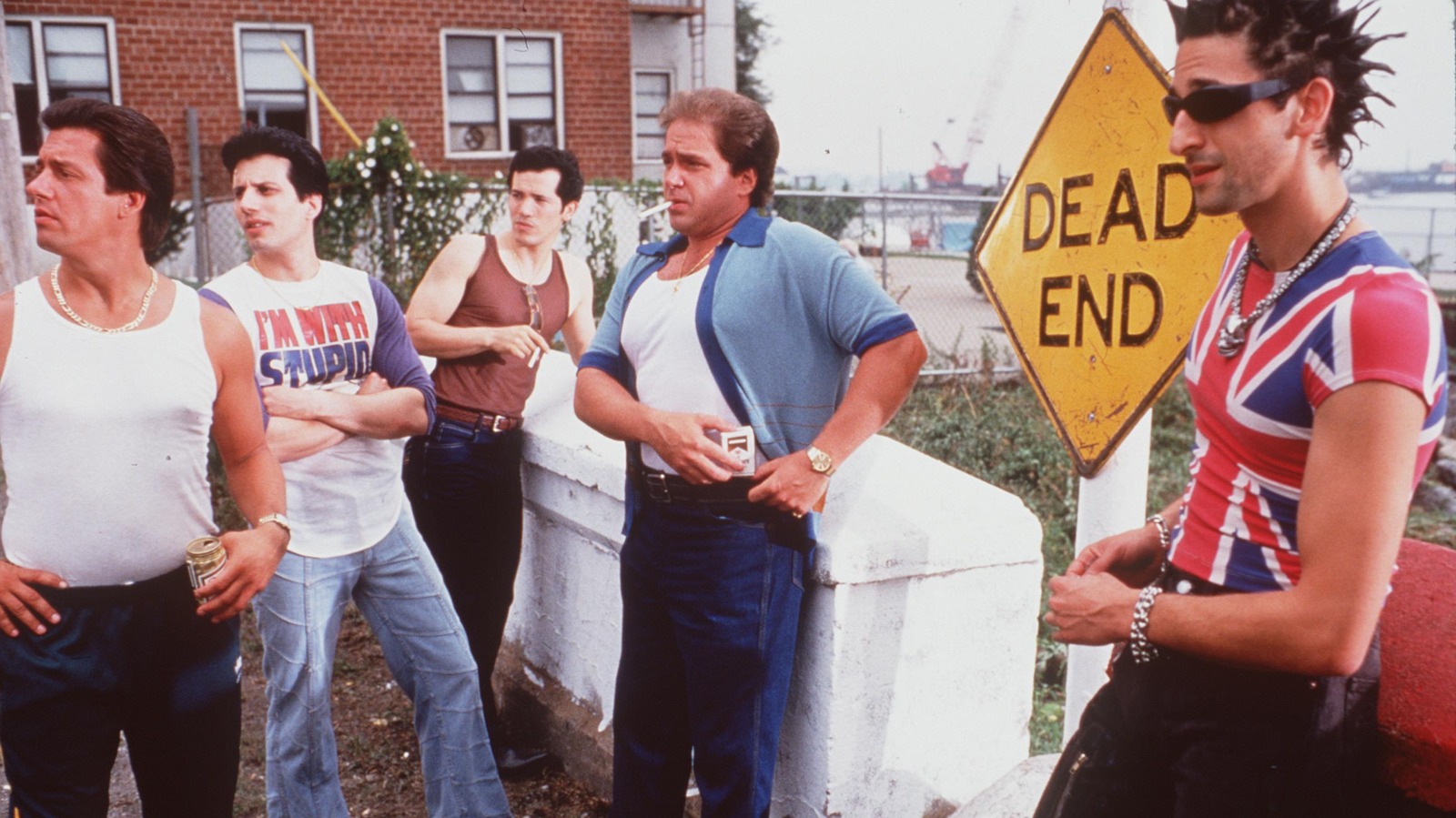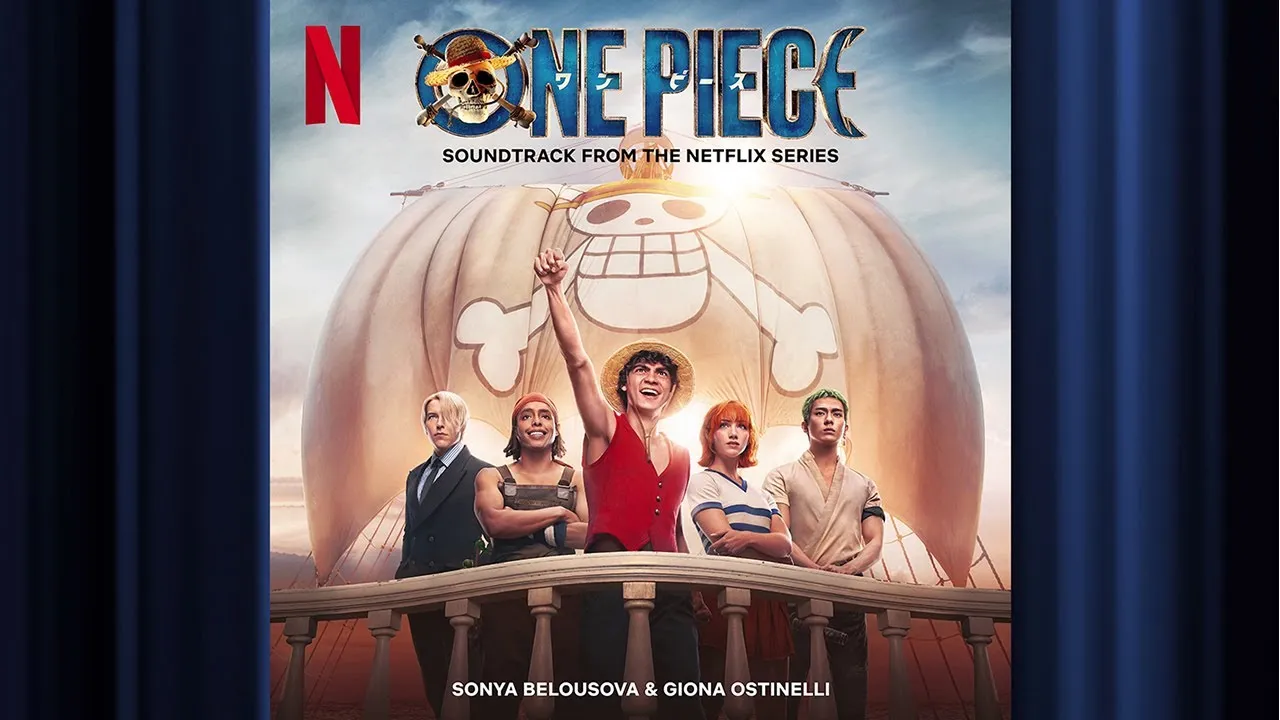When Spike Lee’s Summer of Sam hit theaters in 1999, it wasn’t the film most audiences expected. Rather than giving us a straightforward crime thriller about the infamous Son of Sam murders, Lee delivered a feverish, chaotic portrait of New York City in 1977—a city under siege not just from a serial killer, but from itself. Now, over two decades later, Summer of Sam stands as a daring, polarizing, and deeply human time capsule of paranoia, cultural tension, and the dark psychology of mob mentality.
It’s not a film about a killer. It’s a film about the people left terrified in his wake—and what fear does to a community already brimming with resentment and rage.
Set during the real-life Son of Sam killings, Summer of Sam doesn’t center on the killer, David Berkowitz, who appears sporadically and mostly from the shadows. Instead, the narrative focuses on the Italian-American Bronx neighborhood where rumors spread faster than facts, and fear becomes fuel for suspicion.
The film follows Vinny (John Leguizamo), a hairdresser with a cheating habit and a failing marriage to Dionna (Mira Sorvino), and his childhood friend Ritchie (Adrien Brody), a punk-rock-obsessed outcast who returns to the neighborhood with a new look, new lifestyle, and very few friends left. As the murders escalate and the killer taunts the press with cryptic letters, the neighborhood’s paranoia grows. And when no one knows who the killer is, anyone different becomes the enemy.
Spike Lee doesn’t make the Son of Sam the main villain of the film—instead, the real antagonist is fear. The fear of change, of outsiders, of loss of control. Through Lee’s unflinching direction and Michael Imperioli’s sharp co-writing, Summer of Sam becomes less about a serial killer and more about what happens when a community begins to eat itself alive.
The film pulses with chaos—through overlapping dialogue, split screens, rapid editing, and a pounding punk and disco soundtrack. It’s stylized, aggressive, and intentionally uncomfortable. The streets are sweaty and loud, lit by neon and rage. Violence feels imminent even in the quietest scenes, not just because of Berkowitz, but because neighbors turn on neighbors with terrifying ease.
John Leguizamo delivers a deeply conflicted performance as Vinny—a man desperate to maintain his image while being torn apart by guilt, lust, and the creeping suspicion that he’s losing control. Adrien Brody, with a raw vulnerability beneath his punk bravado, becomes the emotional counterweight—a symbol of freedom, sexuality, and rebellion punished by a culture that demands conformity.
Beneath the murder mystery lies a scathing commentary on identity, masculinity, racism, and tribalism. Spike Lee sets Summer of Sam at a time when New York was in crisis: the blackout, the Bronx burning, disco clashing with punk, and traditional neighborhoods clashing with new identities. The Son of Sam becomes a spark in an already explosive environment.
The film boldly explores homophobia, sexual repression, and the toxicity of loyalty when it turns to blind aggression. It’s no coincidence that Ritchie’s fluid sexuality and unconventional appearance make him a target long before any evidence points his way. Lee uses the killer’s presence to expose deeper cultural violence—how easily fear can be weaponized into hate.
While Summer of Sam tells a complete story, there’s conceptual room for a thematic successor rather than a literal one. A spiritual sequel—perhaps titled Winter of Fear—could explore a different moment of American paranoia, like post-9/11 New York or the COVID-era lockdowns, where trust again breaks down and communities turn inward.

Such a film could follow a new set of characters in a similarly tense environment, using a new form of societal pressure to explore the same themes: suspicion, alienation, identity, and violence. Like Summer of Sam, it wouldn’t be about the headline event—it would be about the psychological aftermath.
Summer of Sam is not a traditional crime drama—it’s something more jagged, more emotional, and far more volatile. It dares to portray a community under siege not just by a killer, but by its own prejudices and fears. It asks difficult questions: What happens when the real enemy isn’t just one man with a gun—but the way fear spreads through society like wildfire?
Spike Lee made a film that refuses to be comfortable—and that’s exactly why it endures.


-1751442178-q80.webp)


